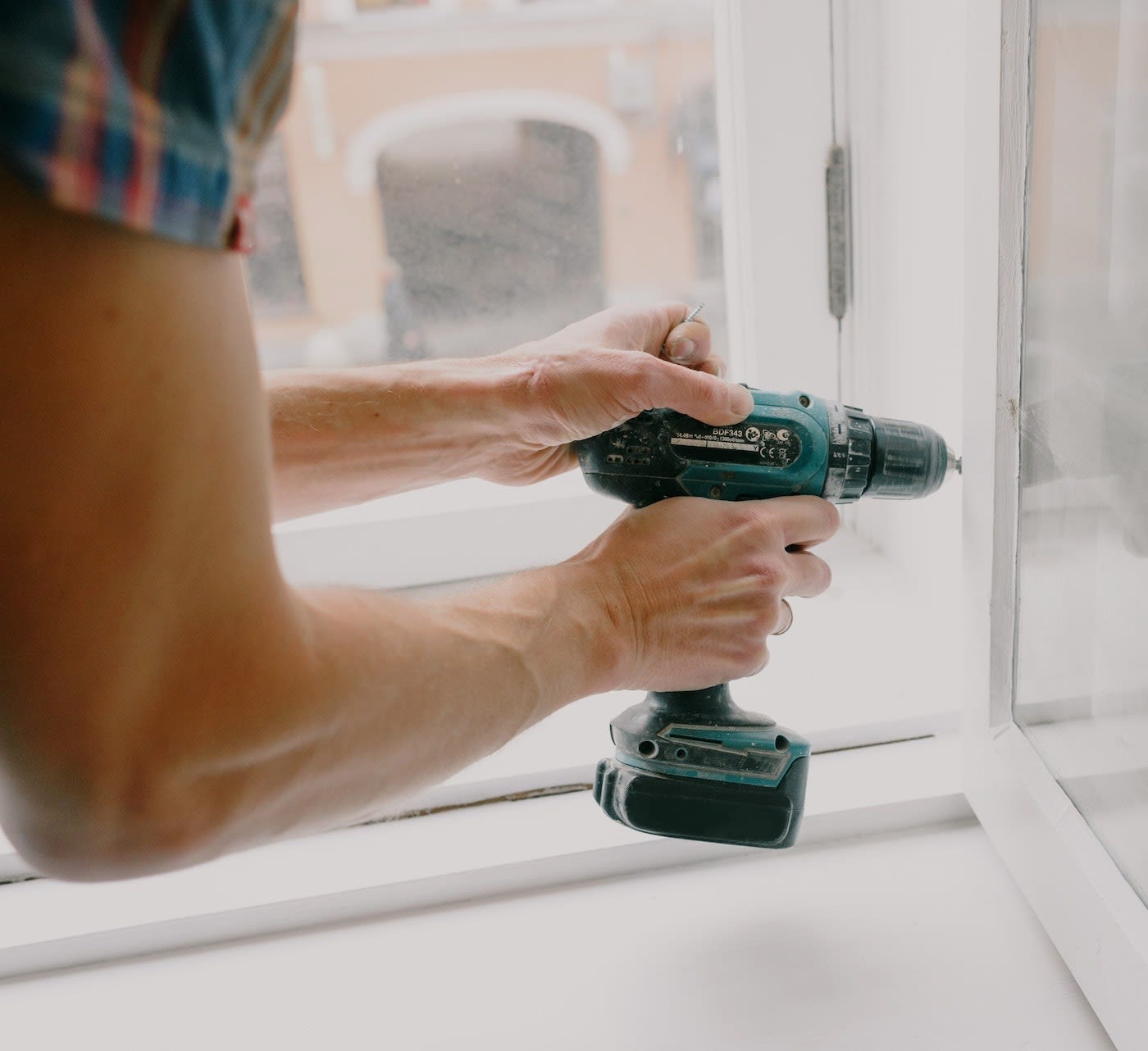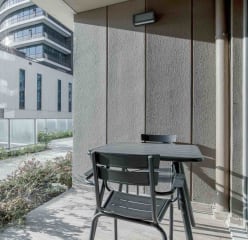Elements of a standard lease agreement
Your standard lease agreement needs to include more info than just the monthly rent amount. As a tenant, you should be looking out for some key ele…

If you’ve ever rented an apartment, you’re most likely familiar with a standard lease agreement. These contracts include the essentials such as rent amount and they act as a formal acknowledgment between the landlord and tenant.
But as a tenant, if you’re signing a new lease, there are a few additional clauses that you should look for. These include vital pieces of information regarding the logistics of your tenancy that can prevent confusion down the road.

1. Rental payment date and late fees
You know how much you owe in rent every month, but are you clear on which day it needs to be paid? Some landlords use the first date of tenancy as the monthly marker.
If you move in on the seventh day of the month, for example, you’ll pay rent on the seventh day of every month going forward.
Other landlords prefer to always collect rent on the first day of each month. Make sure you’re aware of which day you need to drop off your check.

It’s also standard for landlords to impose a late fee should you fail to pay rent on time. There should typically be a grace period of a few days before being considered late, and many states set a limit on how high of a late fee can be charged.
Just make sure you’re aware and comfortable with the penalties.
2. Security deposit return process
Most security deposits are the equivalent of one month’s rent, which is no small sum of money. You probably hope to get your entire security deposit back at the end of your tenancy. By law, the landlord gets a short period of time to evaluate any damage you might have left behind and make deductions if necessary.
However, your standard lease agreement should include a time frame for the return of your security deposit and the method by which it will be refunded.
Ask your landlord to set these expectations in the lease so that you’re not left wondering where your money is down the road.
3. Renter’s insurance requirements
Renter’s insurance is not required by law.
However, the landlord is well within their legal right to make tenants purchase renter’s insurance while occupying their unit. Most renter’s insurance policies cover damage or loss caused by incidents ranging from theft to natural disasters.
If renter’s insurance is a requirement by your landlord, this information should be included in the lease.
Check to see if any minimum liability amount is listed so that you can make sure you purchase a sufficient policy.
4. Occupancy restrictions
Most states set a limit on how many people can legally occupy an apartment, which is determined by the number of bedrooms and the size of the unit.
Landlords typically choose to reinforce this limit in their standard lease agreement.
They also may choose to prohibit anyone who’s not listed on the lease from occupying the unit, so if you plan to have roommates, make sure their names are stated clearly on the lease.
Landlords can also set limits on guests. There may be a cap on how many overnight guests can stay at once, or how many days per month a visitor can stay before he or she is considered an occupant.
These restrictions can especially become an issue if you have a significant other who plans to visit frequently. Know the rules in advance in order to avoid hefty fines.
5. Maintenance and repairs
Part of living in an apartment is understanding that from time to time, things break. Your landlord should be responsible for most major fixes; for example, if the heat stops working, you shouldn’t have to repair it yourself.
Make sure your lease addresses what your landlord is responsible for fixing and how long of a wait you can anticipate.
If you do end up waiting for something major to be repaired, it’s nice to have something in writing to refer back to.

Your lease should also outline any maintenance you’re responsible for as a tenant.
If you’re in charge of landscaping, for example, the agreement needs to outline the specific expectations for maintenance. You shouldn’t be held responsible for anything that’s not included in the lease.
Maintenance is a common gripe among tenants who have to wait for a long period of time for their landlord to fix major issues.
Larger apartment companies have a better track record when they’re able to employ dedicated maintenance teams with much faster response times.
For example, Blueground is a property management company with a mobile app that allows tenants to submit maintenance requests quickly and painlessly.
All in all, Blueground provides fully furnished, equipped, and serviced apartments for mid to long-term rent in cosmopolitan cities all over the world.
6. Rules on subletting
In case of unforeseen circumstances, you might find yourself in a position where you need to move out before your standard lease agreement has ended. Subletting is a common remedy for this type of scenario.
However, you might be out of luck if your landlord prevents subleases. Read carefully when signing your lease to see what the rules are on finding a subtenant.
Keep in mind that some states require landlords to allow subleases without penalizing the original lessee. Double-check the laws in your area to make sure your lease follows local guidelines.
7. Renewal deadline
When your standard lease agreement comes to an end, you’ll have to decide whether to renew the lease or find a new apartment. Your landlord will most likely set a deadline on when you need to make a decision, which should be included in the lease.
Do you need to give 30 days’ notice or more before moving out? Does your fixed-term lease automatically become month-to-month after the original term ends? If your landlord doesn’t hear from you by a certain date, will they assume you intend to end your lease?
Find out and set a reminder in your calendar so that you don’t forget.








